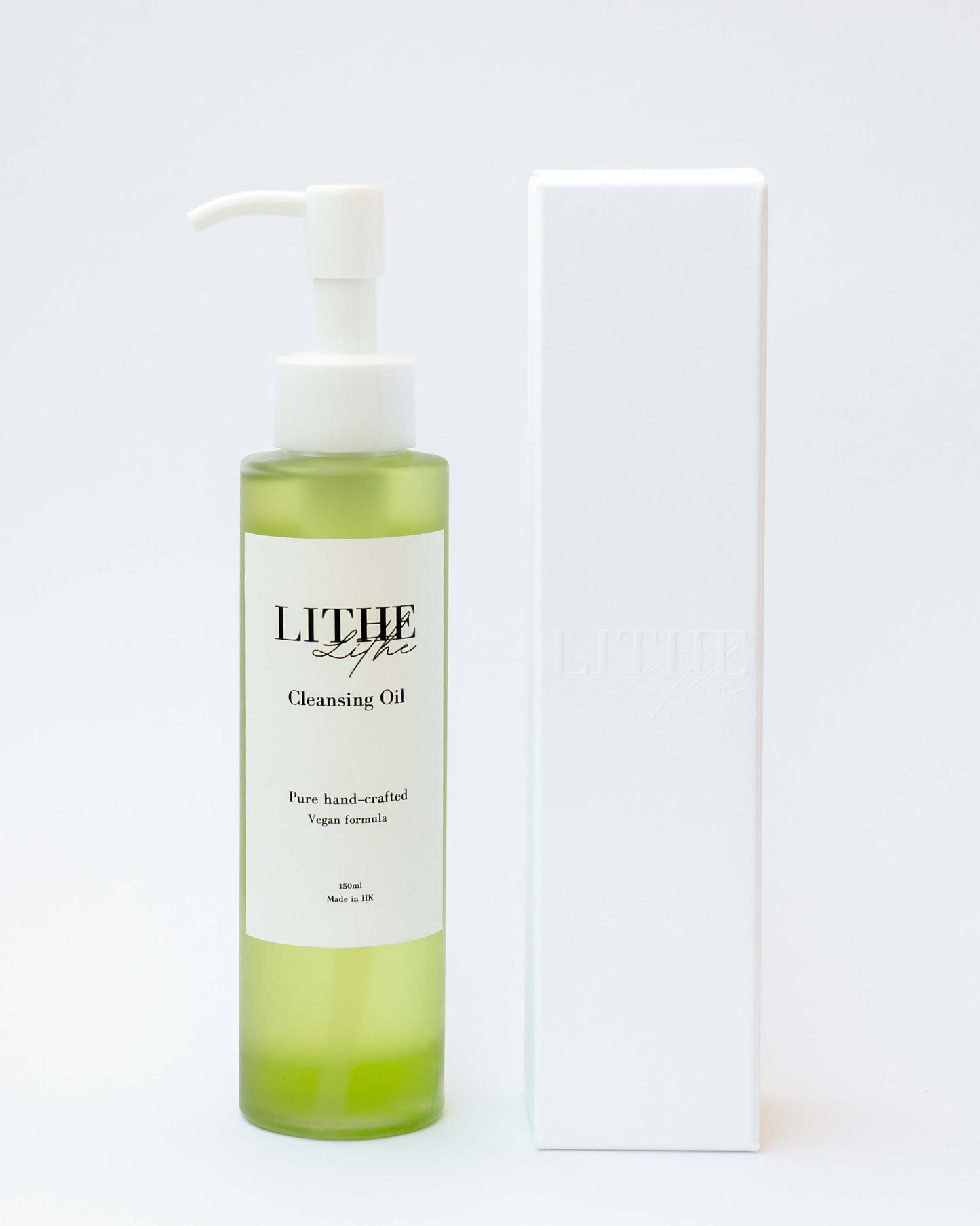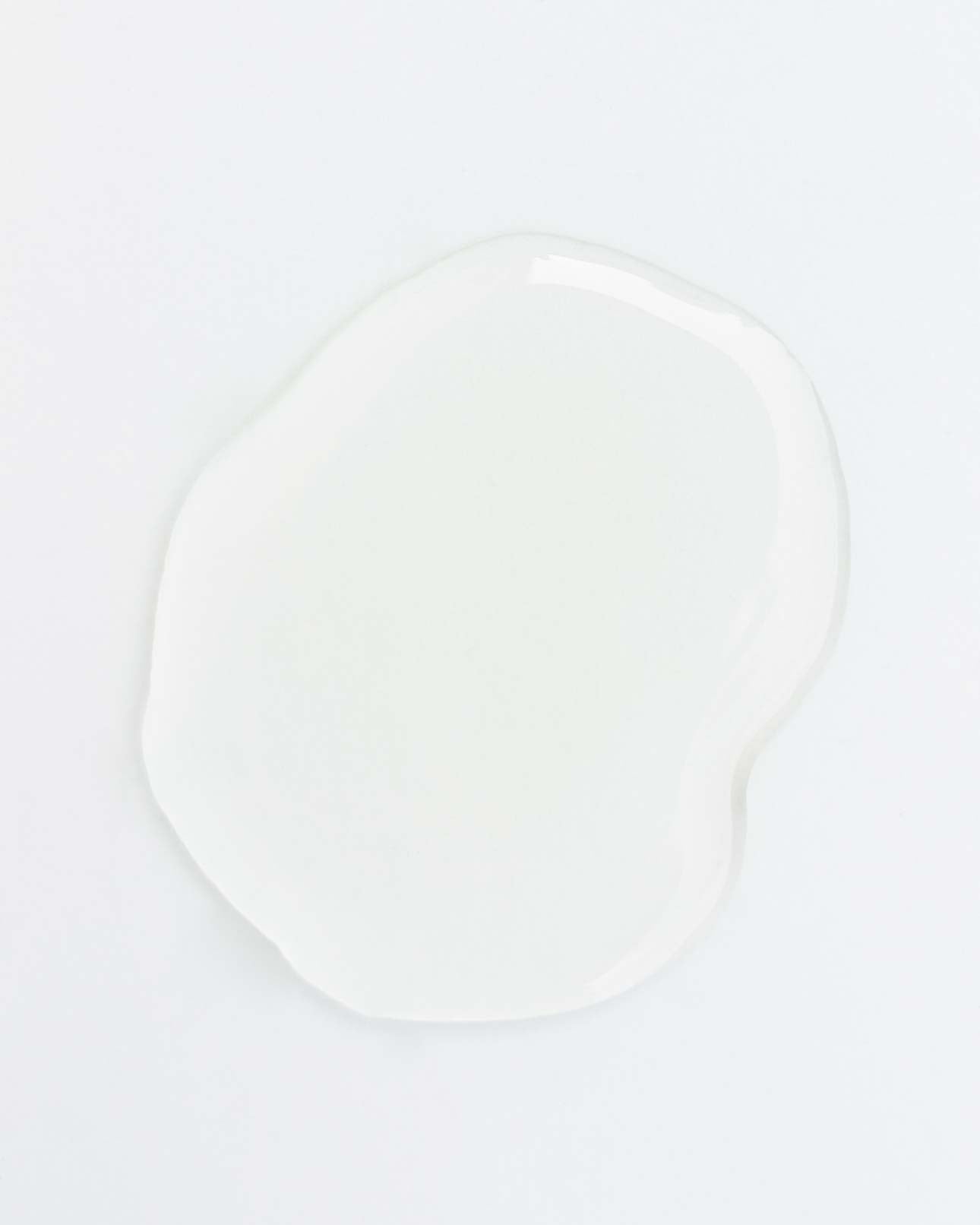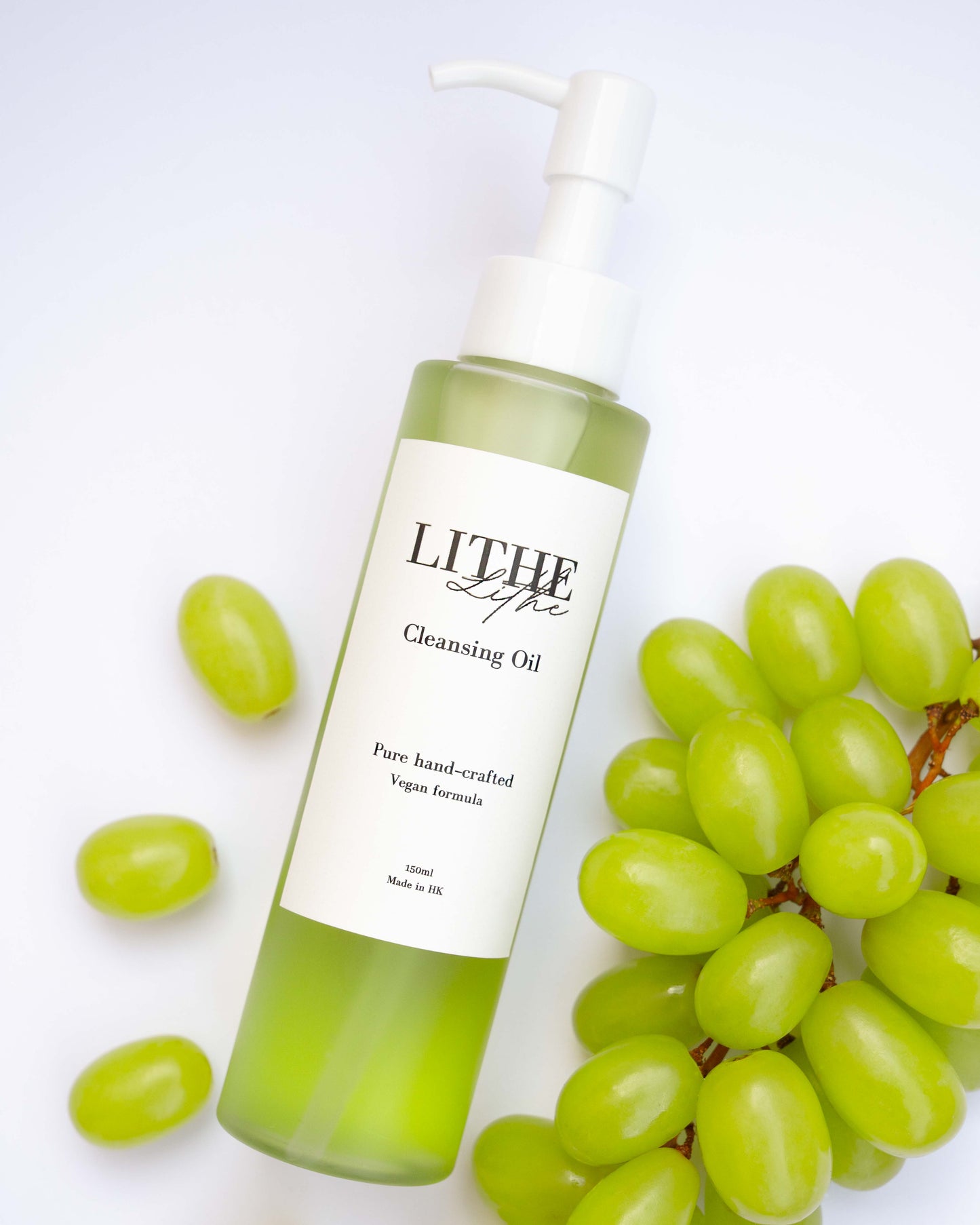As individuals living in modern society, we enjoy a vibrant and colorful life. However, we are also frequently plagued by stress. Fast-paced lifestyles, intense economic competition, social media comparisons, information overload, and more can all serve as sources of stress.
Modern individuals are no strangers to stress, as concepts like "slow living" and "self-care" have become widespread pursuits, indicating our desire for moments of respite.
There exists a delicate connection between mental and skin health. Stress has profound effects on our psychological and physiological well-being, including the condition of our skin.
When we experience stress, our bodies release a hormone called cortisol. Cortisol is a stress hormone that helps us cope with emergency situations in the short term, but prolonged high levels of cortisol can have negative effects on skin health.
Elevated levels of cortisol can disrupt the skin's natural barrier function, leading to moisture loss and dry skin. This can trigger or exacerbate certain skin conditions such as eczema, dermatitis, and psoriasis. Additionally, cortisol can stimulate excessive sebum production from sebaceous glands, making individuals more prone to acne.
Apart from cortisol, stress can also lead to an increase in inflammatory responses. Inflammation is a natural bodily response to external stimuli, but chronic long-term inflammation can have negative effects on skin health. It can cause skin discomfort, redness, itchiness, and sensitivity.
Prolonged and chronic stress can accelerate the aging process of our skin. Stress triggers inflammatory responses, damaging skin cells and slowing down the production of collagen and elastic fibers, resulting in the appearance of fine lines, wrinkles, and sagging.
To alleviate the adverse effects of stress on skin health, in addition to the methods mentioned in the previous blog (For review: please click here), we can make mental adjustments to manage and relieve stress, such as:
Accepting imperfections: Accepting our own and others' imperfections and reducing excessive demands on ourselves and others.
Taking adequate rest: Scheduling appropriate rest periods during work or study intervals to allow the brain and body to relax and recover.
Connecting with nature: Spending time in natural environments such as parks, beaches, or mountains, allowing the beauty of nature and fresh air to bring about a sense of calm and relaxation.
Learning to say "no": Learning to refuse tasks or commitments that do not align with our goals and values to avoid excessive burdens.
In our busy lives, it is important to prioritize and take care of our physical and mental well-being. By effectively managing stress, we can reduce the negative impact on our skin, allowing it to remain healthy, radiant, and youthful, while promoting overall health and well-being.





